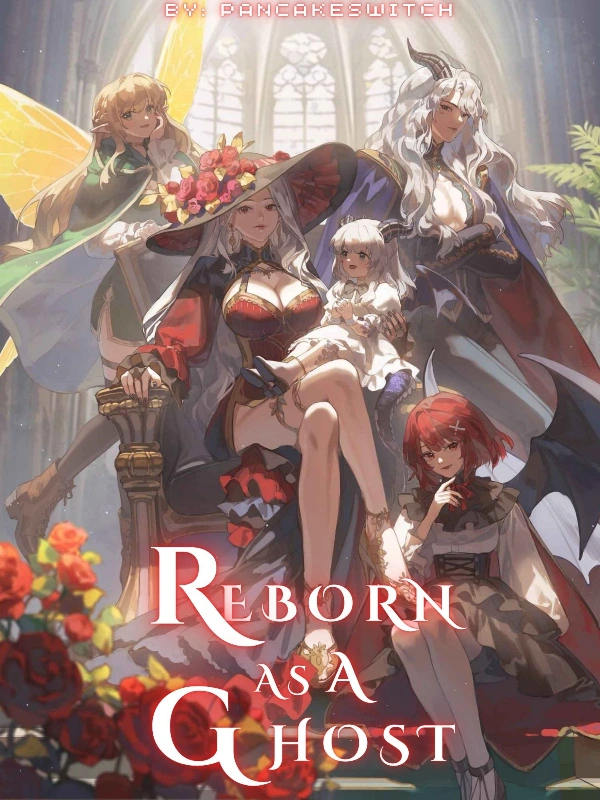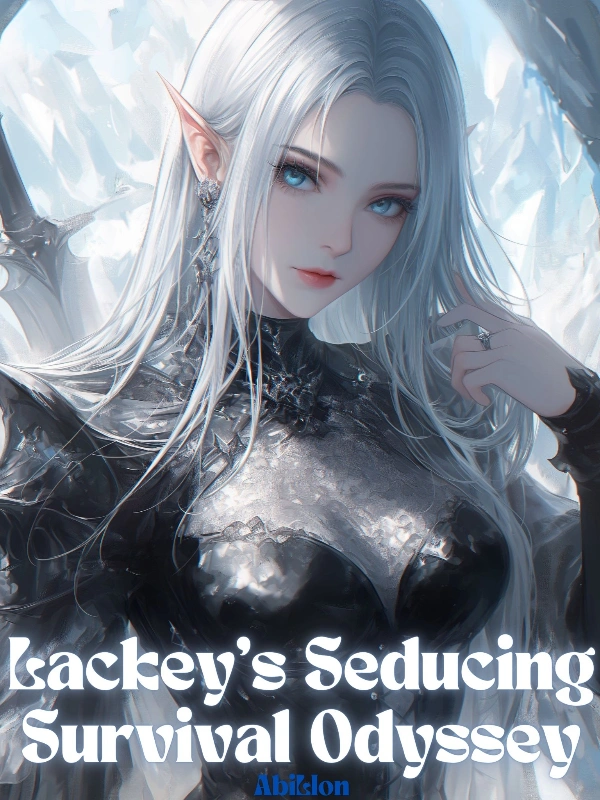Chapter 32: Interwar Period – Widerstand (2)
Translated by Vine | Proofread by Lust
For the latest updates, visit: ProNovels.com
Join our Discord for release updates: https://discord.gg/Eh2ayfR4FB
November 5, 1938
Kreisau, Silesia, Wehrkreis VIII (Military District 8), Germany
He was in Kreisau, Silesia, enjoying a rare weekend away from Berlin. In the original timeline, this land, along with East Prussia, would be lost after World War II. But for now, it was still German soil.
He was at the Kreisau manor, the ancestral home of the Moltke family.
“Thank you for the wonderful meal, Count Moltke.” The Moltke family was descended from Helmuth von Moltke the Elder, Chief of the General Staff during the Franco-Prussian War and a key figure in the unification of Germany.
“The pleasure was all mine, Captain Schacht. I look forward to a continued positive relationship.” The current head of the family, Helmuth James Graf von Moltke, seemed to be close to his age.
Europeans seemed to recycle the names of their prominent ancestors. It was rather confusing.
“I have some excellent coffee beans. I prepared them especially for our esteemed guest.”
“Thank you, Freya.”
“Thank you.” The countess poured him a cup of coffee and excused herself. The coffee, from a distinguished family’s collection, had a unique aroma.
As he savored the coffee, Moltke spoke, “…Lieutenant Colonel Oster and I share similar views on the persecution of Jews. We’ve cooperated on several occasions.”
Despite residing in Silesia, far from Berlin, Moltke had worked with the Abwehr to help persecuted Jews escape to Poland. This had become increasingly difficult after the Anschluss, when Poland had revoked the citizenship of Polish Jews living in Germany and Austria, barring their entry.
“You’ve done commendable work during these difficult times, Count Moltke. Many question the persecution of innocent people, but few risk their own safety to act. Sadly, even fewer of those with the power to help actually do so.”
His words were sincere. Despite the Nazis’ relentless propaganda, many Germans sympathized with and helped the persecuted Jews.
Paradoxically, the very act of attacking and killing one’s Jewish neighbors, with whom they had interacted peacefully just days before, highlighted the absurdity and madness of the Nazi era.
However, those with the means to help often hesitated, fearing the loss of their possessions. Oskar Schindler, originally a corrupt businessman, had become a hero for saving Jewish lives at the expense of his own fortune, precisely because such acts were rare and difficult.
“Perhaps it’s just a small act of self-satisfaction, a futile attempt to change the times.” Moltke chuckled wryly, “…Oster is driven by his conscience, risking his life to fight evil, but he doesn’t fully understand democracy. He doesn’t oppose it, but he doesn’t see the need for it either. But I hear you’re different.”
Moltke’s gaze was intense. “The era of emperors and nobles is over, but democracy has failed in Germany. I, and a few others, have discussed how to revive democracy in this country, but frankly, we’re not optimistic.”
Moltke, a nobleman who would later lead the Kreisau Circle, a group of intellectuals and activists advocating for democracy and social democracy, and be executed by the Nazis, was seeking his answer.
“The resistance has asked for my financial support, but I’m afraid I might be supporting another group of oppressors. As the son of former Minister Schacht, who supported the Nazi regime, I’m sure you understand my concerns.”
“Of course, Count Moltke.” His concerns were understandable. Moltke was a patron of civil society, not someone seeking a position in an imperial government.
His father’s experience of supporting the Nazis, only to be discarded after they consolidated power, had clearly made an impression on him.
“I’m concerned about the effectiveness of their proposed armed struggle. How much influence can civil society wield among the anachronistic monarchists and militarists? Will we ever see a civilian government in Germany again?”
Moltke was still hesitant to support the resistance. That’s why he was here. Moltke had expressed interest after hearing about him from Oster, and he was currently the resistance’s most effective advocate for civilian involvement and democracy.
“Frankly, Count Moltke, I’m not here just to ask for financial support.”
“…Then?”
He continued, meeting Moltke’s inquisitive gaze, “The Weimar Republic, despite being imposed by the Allies, had many progressive features. However, it collapsed because of its inherent vulnerabilities, which ironically allowed the very enemies of democracy to flourish.”
Goebbels had famously mocked democracy for giving the Nazis the power to destroy it.
“But even the Nazis have inadvertently sown the seeds of democracy in this land. The German people no longer blindly obey the commands of emperors and nobles. They have also witnessed how their elected leaders can shape the country.”
The German public’s apparent fanaticism for Hitler and the Nazis was deceptive. Despite the Nazis’ propaganda and repression, resistance had persisted throughout the interwar and war periods.
Germany’s seeming unity behind Hitler and Nazism was an illusion, maintained by the constant suppression of dissent.
It was said that one of the reasons Germany lost the intelligence war against the Allies and the Soviets was because they had to divert resources to monitor their own population.
Most of these resistance groups were purged only after the failure of Stauffenberg’s Valkyrie plot in 1944.
Conversely, this meant that their numbers were significant enough that the Nazis couldn’t eliminate them without a clear justification, like an assassination attempt against the head of state.
“I intend to turn the Nazis’ own mockery of democracy against them. I also don’t want another authoritarian regime to replace them. This requires more than just financial support.”
“…Is that truly possible?”
Was it possible?
“It will remain impossible if we do nothing. I can’t guarantee success. I can only promise to utilize every available resource and do my best. But I believe there’s a chance.”
“Haha… you’re quite audacious, Captain.” Moltke chuckled, then continued, “I presume you have a plan? I don’t gamble on empty promises. I’m a businessman, after all.”
“Of course, Count Moltke. …You’ll like it.”
He had been busy preparing it.
—
Having annexed Austria and the Sudetenland, the Nazis began openly deporting foreign Jews. However, Poland, which had been even more anti-Semitic than Germany before the Nazi era, had revoked the citizenship of Polish Jews in Germany and Austria after the Anschluss, refusing to accept them.
The Nazis, predictably, ignored Poland’s actions, using their secret police to force Polish Jews to the border. Countless Jews were trapped in a no-man’s-land, stranded and homeless between a Germany that was expelling them and a Poland that refused to admit them.
On November 7th, this desperation boiled over. A young Jewish man in France shot a German diplomat in Paris.
—
November 9, 1938
Munich, Bavaria, Wehrkreis VII (Military District 7), Germany
Munich, the birthplace of the Nazi Party, was celebrating the 15th anniversary of the Beer Hall Putsch (or “revolution,” in Nazi parlance).
Amidst the enthusiastic cheers of the Munich crowd and the satisfied expressions of the Nazi officials, Joseph Goebbels’ shrill voice echoed through the hall.
“Here, where our great movement began, on this day of celebration, Germany is in mourning! Legationssekretär Ernst vom Rath was a loyal and dedicated young man, serving his country!”
Goebbels continued, “And that damned Jew shot him! Even now, this German patriot is fighting for his life. And yet, the Jews claim they’re innocent!”
“Damn Jews!” echoed through the hall.
“Shamelessly, the Jewish press lies about our supposed mistreatment of them! They must learn that our patience has limits! That we will silence their filthy, lying mouths…!”
A secretary rushed towards him, “Doctor!”
Goebbels, annoyed by the interruption, listened to his secretary, then returned to the podium.
“…My fellow German citizens… Ernst vom Rath…”
As everyone watched, his expression shifted from grief to anger, then to hatred.
“…has passed away.”
As the crowd murmured condolences, Goebbels’ voice, sharp and commanding, seized control of the hall.
“An innocent German son has been brutally murdered by the Jews! What was his crime?! Why should we tolerate the Jews any longer, when they repay our mercy, our patience, with cold-blooded murder?!”
Goebbels’ rage spread through the crowd like wildfire.
“The Jews have shown why they are enemies of Germany! We, the great German people, must show them that we will not be subjugated!”
“Kill the Jews!”
“For Rath!”
Goebbels fueled the crowd’s fervor with hatred and anger. Hatred, hatred, only hatred empowered them.
“We, the proud Aryans, will no longer be manipulated by these evil demons! We have reached our limit! It’s time to silence the lying Jews! Germany, awaken!”
“Revenge!”
“Death to the Jews!”
With the crowd in a frenzy, Goebbels declared, his eyes burning with hatred, “Today, we will erase the stain of the Jews from this land! With bloody revenge!”
Kristallnacht, the Night of Broken Glass, the beginning of the Holocaust, had begun.
For the latest updates, visit ProNovels.com. Join our Discord for release updates: https://discord.gg/Eh2ayfR4FB.




















